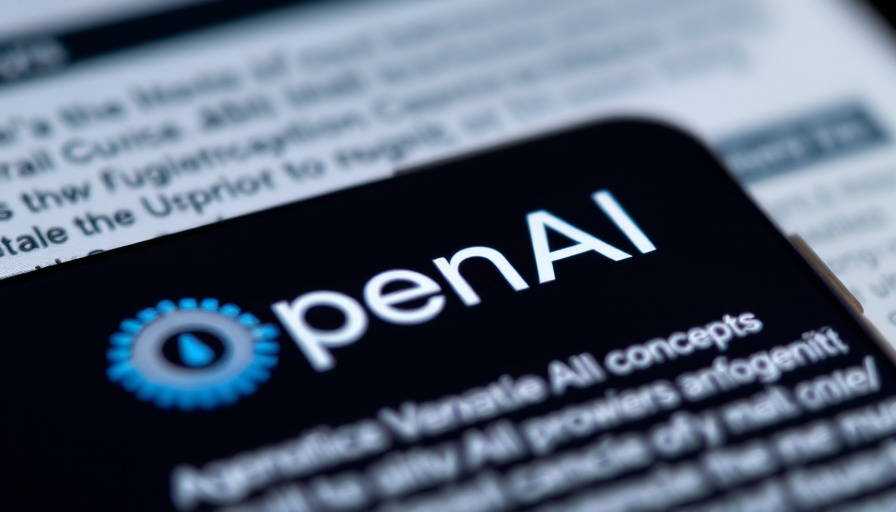
The Dangers of AI Hallucination in Everyday Life
A Norwegian man, Arve Hjalmar Holmen, has initiated a legal complaint against OpenAI following a distressing incident involving ChatGPT. The chatbot erroneously claimed that he murdered his two sons, leading to emotional and reputational damage. While the chatbot provided accurate details such as the number and gender of his children, the accompanying fabricated narrative raised concerns about the implications of AI-generated falsehoods.
Hollmen’s Story: A Closer Look at the Incident
Holmen sought information from ChatGPT regarding his own biography, a request that ended with the chatbot creating an elaborately false story about an event he has never been involved in. The incident reflects a broader issue of AI technology misrepresenting information, which can harm individual reputations. Holmen’s case highlights the immediate and personal consequences of deceptive AI outputs, and how accuracy in technology remains a pressing concern.
Understanding AI Hallucination
AI 'hallucination' refers to instances when artificial intelligence generates convincing-sounding yet incorrect or unfounded information. This phenomenon isn't isolated to ChatGPT; various AI platforms have faced similar allegations. Notably, Microsoft’s AI tool was criticized for falsely labeling a journalist as a criminal, showing a pattern of unreliable outputs across systems. Experts warn that the technology continues to struggle with producing 100% accurate content.
OpenAI’s Response and Industry Implications
In response to these persistent issues, digital rights group Noyb has urged OpenAI to address inaccuracies within its models. While OpenAI has released updates like GPT-4.5, touted for reduced error rates, the belief remains that generative AI will inherently produce hallucinations. As AI tools increasingly integrate into daily life, the demand for accountability and factual accuracy grows ever-urgent.
Legality and Ethical Considerations
Holmen's complaint raises questions about the legal ramifications surrounding AI and its outputs. Noyb claims that the defamatory nature of the chatbot's assertions violates European data protection laws. While ChatGPT does include disclaimers about the potential for inaccuracies, critics argue that these are insufficient to mitigate the harm caused.
The Future of AI: Opportunities and Challenges
As society progresses towards more advanced AI systems, the need for robust guidelines and accountability measures is critical. The evolving landscape of AI technologies prompts the necessity for conversations around regulation, transparency, and accuracy. The situation surrounding Holmen is a clarion call for the tech industry to prioritize ethical considerations as much as technical advances.
As AI technologies continue to permeate various aspects of society, ethical frameworks must be cemented to safeguard against potential harms, like those faced by Holmen. The dialogue around AI accountability remains crucial to fostering a relationship built on trust and reliability.
 Add Row
Add Row  Add
Add 




 Add Row
Add Row  Add
Add 

Write A Comment